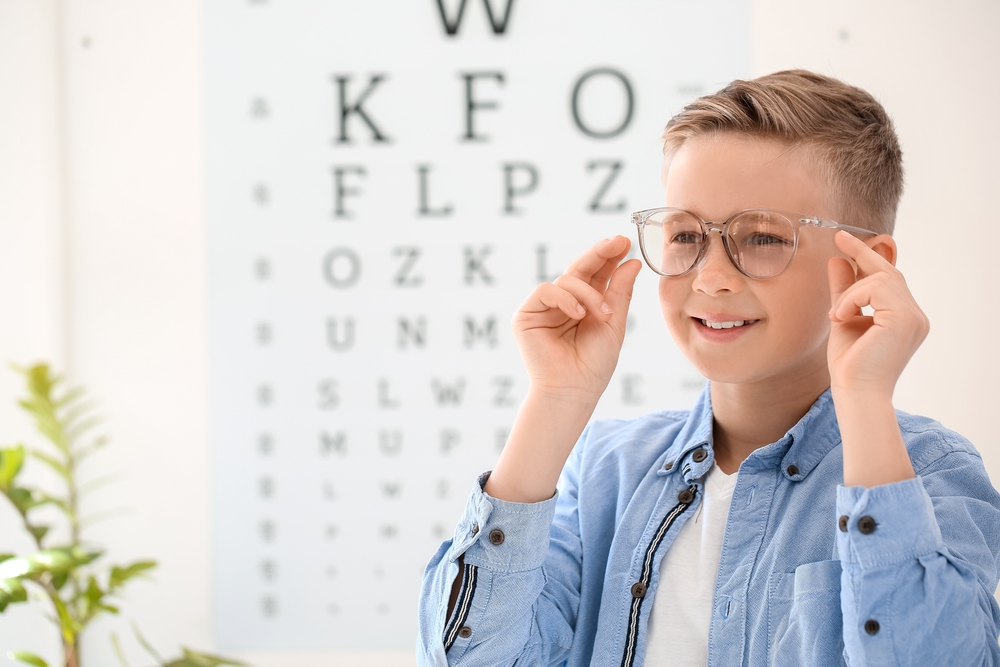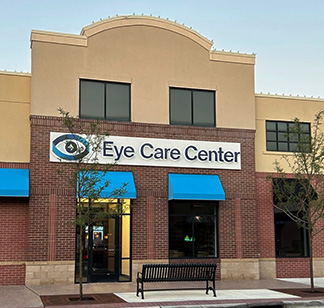
You probably see vision screenings being offered in schools or at the mall. These tests use automated tools to measure children’s prescriptions. But are they the same as comprehensive eye examinations? The answer is no.
In certain circumstances, vision screenings can be helpful. Still, they are not a substitute for a comprehensive eye exam a trained and licensed eye doctor performs. It would help if you understood the differences between the two to determine the best way to monitor your little one’s eye health and vision.
The Key Differences Between Eye Exams and Vision Screenings for Kids
When was the last time you had your child’s eyes and vision checked? Do you know how well they see? Vision screenings are helpful in detecting vision problems early on and monitoring your child’s development. However, your little one must undergo a comprehensive eye exam if the screening detects a problem. Other differences include:
Person Performing the Test
Many parents do not understand the difference between the two tests. If that also applies to you, you need to remember several important factors. One of the key differences between an eye exam and vision screening is the person performing the test. Only a qualified and licensed eye doctor can perform a comprehensive eye exam. On the other hand, practically anyone can conduct a vision screening since the test relies on automated equipment.
Vision Screening
The equipment used during vision screening has limited capabilities. Thus, it cannot account for factors such as pupil size, coordination of eye muscles, irregularities in the cornea or lens, and eye alignment and fixation.
Also, a patient who moves during the test can throw off the testing equipment’s findings. In contrast, eye doctors have the training required to watch out for any behaviors that may affect their findings.
Furthermore, automated vision screening equipment does not assess the eye’s health. Many eye diseases and conditions do not show symptoms in their early stages. Thus, a vision screening cannot detect such conditions.
Comprehensive Eye Exam
Only a trained and qualified eye doctor can perform a comprehensive eye exam. Specialized knowledge gives eye doctors the expertise and skills that automated vision screening equipment cannot match. During a pediatric eye exam, an eye doctor will assess the health of your child’s visual system and eyes. The doctor will also review your little one’s prescription.
A comprehensive eye exam will tell your pediatric eye doctor whether your little one has any of the following conditions:
Glaucoma
High blood pressure
Diabetic retinopathy
Retinal detachment
Tumors in the eye or brain
Bottom Line
Think of a comprehensive eye exam as a physical for the eyes. Your pediatric eye doctor will offer a thorough assessment of your child’s eye health. On the other hand, a vision screening will only tell you whether your child’s vision is blurry. It will only give you a general idea of your little one’s prescription. So, there is no replacement for a comprehensive eye exam.
For more on eye exams and vision screenings for kids, visit Eye Care Center in Minnesota at one of our three locations. For Fridley call (763) 308-8440, Maplewood call (651) 777-3555, or Maple Grove call (763) 420-6981.

















